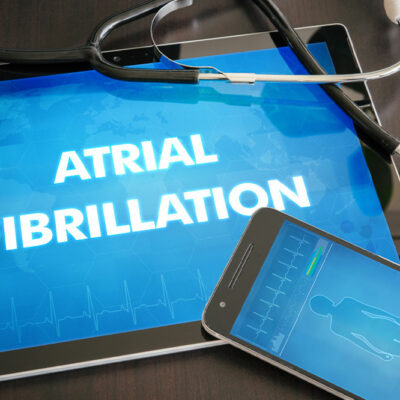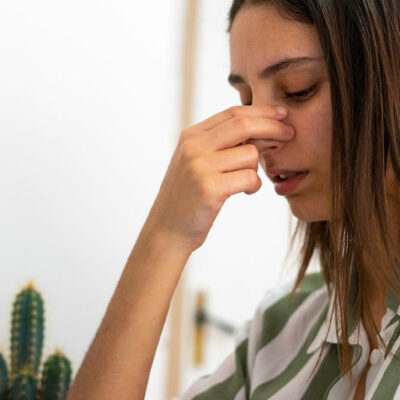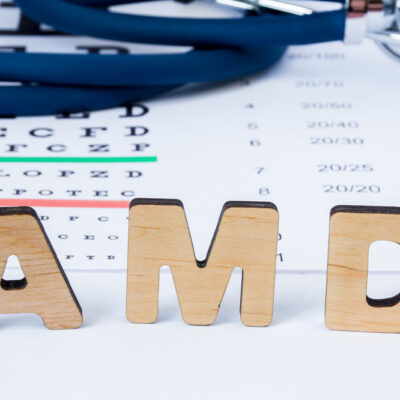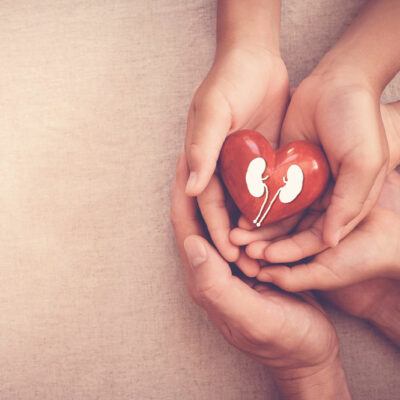15 signs of low blood sugar

Hypoglycemia, commonly known as low blood sugar, is a condition where blood sugar levels drop below 70 mg/dL. This health issue is more prevalent among individuals with type-1 diabetes. Low blood sugar can be caused by several factors, such as taking excessive insulin, not having enough carbs when on insulin, hormonal changes like menopause and puberty, and fluctuating weather conditions. It is crucial to recognize the early signs of low blood sugar to ensure timely intervention.
Symptoms of low blood sugar levels
Lightheadedness
Persons with low blood sugar levels may experience varying levels of lightheadedness, from mild to debilitating dizziness, that may occur even when one is standing still.
Extreme hunger
Low blood sugar may cause one to experience extreme hunger pangs, especially when one is on insulin and has insufficient carbohydrate intake. In such cases, it is important to control one’s food intake, as overeating may aggravate the situation and trigger or worsen related health issues like cholesterol and cardiovascular diseases.
Tremors
Research studies suggest that the autonomic nervous system is overly activated during spells of low blood sugar, causing tremors and shaking among patients.
Sweating
It is estimated that a whopping 84% of persons with hypoglycemia experience sweating. A dip in blood sugar levels is associated with an increase in adrenaline in the body, which can trigger profuse sweating.
Inability to focus
Blood sugar is essential for optimal brain functioning; consequently, low blood sugar levels are associated with cognitive problems like the inability to concentrate. While this symptom is momentary, it may affect a person’s proficiency in carrying out the tasks at hand.
Slurred speech
The adverse effects of low blood sugar on the brain may manifest in momentary slurred speech, as the brain does not receive sufficient glucose to function optimally. This symptom particularly occurs among persons with blood sugar levels below 40 mg/dL.
Blurred vision
Persons with blood sugar levels dropping below 70 mg/dL may experience blurred vision and other vision-related difficulties. Vision is typically restored once the blood sugar levels return to normal.
Fatigue
Hypoglycemia is associated with dizziness and confusion, which can cause extreme tiredness, especially after one wakes up in the morning. This symptom may aggravate due to side effects of diabetes treatments.
Irregular heartbeat
Severe hypoglycemia may cause arrhythmia or irregular heartbeat and a drop in central blood pressure, triggering or worsening lightheadedness and fatigue.
Loss of consciousness
In extreme cases, hypoglycemia symptoms like lightheadedness may escalate to cause loss of consciousness, requiring immediate hospitalization and treatment.
Nausea
Nausea may occur among patients with hypoglycemia at the initial or advanced stages and may be accompanied by vomiting and other digestive issues.
Sleep problems
Hypoglycemia that occurs at night is known as nocturnal hypoglycemia, which may severely affect one’s sleep cycles. This symptom is often followed by extreme fatigue the next day, which may aggravate existing hypoglycemia symptoms and cause a vicious cycle.
Loss of appetite
While diabetes and hypoglycemia are commonly associated with unusual hunger pangs, low blood sugar levels may sometimes trigger a loss of appetite, marked by a lack of interest in food even when hungry.
Anxiety
The secretion of the cortisol and epinephrine hormones during a hypoglycemia attack may cause the release of more sugar into the bloodstream, causing anxiety and other symptoms like shakiness and tremors.
Emotional issues
Hypoglycemia may trigger emotional imbalances and issues, including mood swings, irritability, and depression-like symptoms in some cases.
Remedies for low blood sugar levels
Have a fast-acting sugar source immediately
Persons suffering from hypoglycemia should be fed a fast-acting sugar source, such as fruit juice, immediately to restore their blood sugar levels to normal.
Have healthy carbs
Persons taking insulin or having low blood sugar levels should incorporate healthy carb sources like whole grains, mashed potatoes, and cruciferous vegetables in limited quantities.
Follow the 15-15 rule
The 15-15 rule for hypoglycemia posits that one should have 15 grams of carbs and check their blood sugar levels after 15 minutes. If one’s blood sugar is still low, they should have another carb serving and repeat the process until one’s blood sugar levels are restored. This rule helps provide the body with the necessary carbohydrates and glucose while not overeating.
Avoid a sedentary lifestyle
It is important for patients with hypoglycemia to maintain an active lifestyle. Incorporating walking, jogging, swimming, and other cardio activities, together with some weight and strength training, is important to ensure overall well-being and better manage symptoms. Regular exercise can also help prevent related health conditions like cholesterol and heart diseases.
Meditate and practice yoga
Yoga, meditation, deep breathing, etc., can help relax the mind and body and better manage symptoms during hypoglycemia episodes.
Identify and avoid stressors
Stress releases the cortisol hormone, which can aggravate one’s hypoglycemia symptoms. Hence, it is advisable for patients with hypoglycemia to identify the major stressors of their lives and avoid them actively. For example, if one has work-related stress, it is important to switch jobs or move to a part-time role to alleviate stress.
Go for regular checkups
It is important to go for regular checkups to evaluate one’s blood sugar levels and to diagnose any other related health conditions such as cholesterol, blood pressure, and heart diseases. One should ask the doctor relevant questions and be open to ensure timely and good-quality treatment for the condition.
Stay hydrated
Having plenty of water is essential to avoid dehydration and control hypoglycemia symptoms. It is advisable for women and men to have 2.7 and 3.7 liters of water a day, respectively. One may also incorporate fresh fruits and fruit juices; however, patients with diabetes should consult a doctor before incorporating even natural sugar sources.
Hypoglycemia symptoms, though debilitating, are momentary in most cases. The key is to detect symptoms early and seek timely treatment, along with certain lifestyle changes.








